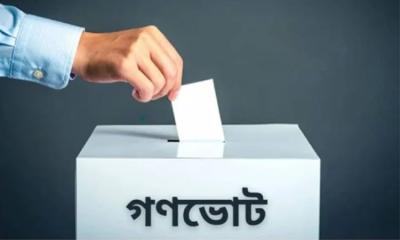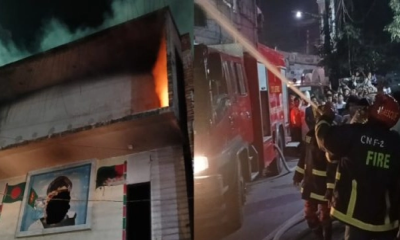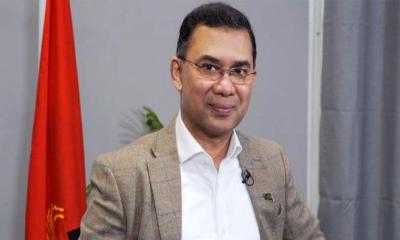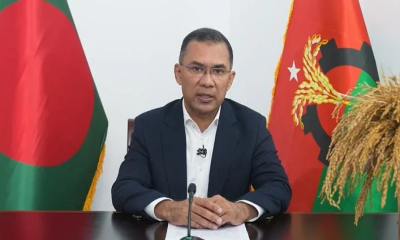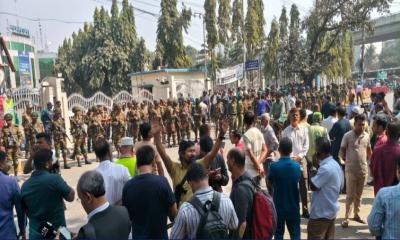With the opposition BNP boycotting the January 7 polls, Prime Minister Sheikh Hasina and her party, Awami League, are all but guaranteed a fourth consecutive term, report agencies.
Five countries in South Asia will hold elections this year, and the first — in Bangladesh on Sunday (January 7) — features the least uncertainty.
Many Western countries value their trade ties with Bangladesh, given its powerful garment industry, and perceive it as a strategically significant state situated in the heart of the Indo-Pacific.
But they cannot rule out punitive post-election steps, including trade sanctions. Either way, bad blood between Dhaka and the West — especially Washington — will certainly linger post-election, according to Foreign Policy’s South Asia Brief by Michael Kugelman.
By contrast, Hasina’s return will be viewed more positively in South Asia, said the South Asia policy analyst.
Kugelman, Director of the South Asia Institute at Wilson Center in Washington, DC, said that Sheikh Hasina enjoys strong support from India, which, like the Awami League, characterizes the opposition as a potentially destabilizing threat that could lead to the return of Islamism in Bangladesh.
Hasina’s push for connectivity resonates with Bhutan, India, Nepal, and Sri Lanka, all of whom are pursuing new initiatives with Bangladesh.
The strong economic growth under her offers new opportunities for trade within a region where it lags, said the analyst.
Finally, her policy of balancing relations with both Beijing and New Delhi converges with that of the region’s other non-aligned states, said Kugelman.
Although foreign countries play an outsized role in Bangladeshi politics, it will be up to the people of Bangladesh to determine the country’s future direction, said the International Crisis Group on Thursday in a new report.
Based on the decisions that the AL and BNP take, the public will decide either at the ballot box or on the streets, it said in its Asia Report, "Beyond the Election: Breaking Bangladesh’s Political Deadlock."
Although it may be impossible before polling day, it is incumbent on
both sides to enter talks as early as possible to avoid a lengthy and potentially deadly political showdown, reads the report.
Foreign governments, for their part, should work together to cajole the two sides into negotiations aimed at forging a new political settlement.
Given the level of domestic opposition it is facing, alongside economic and geopolitical headwinds, the AL has reasons to seek a compromise.
Negotiations to rebuild relations between the main political forces and put Bangladesh back on to the path of democracy, peace and stability will require concessions from both sides, said the Crisis Group.
The country’s foreign partners, particularly the US and India, should actively encourage them in that direction, it said.
“The 7 January election will not resolve Bangladesh’s political crisis. Although it’s too late to postpone the vote, a flawed election provides only more reason to redouble efforts to get the ruling Awami League and its opponents talking again after the poll," said Crisis Group`s Asia Director, Pierre Prakash.
“Since the 2008 election that brought the Awami League to power, the country has not held a credible national election. And while Bangladesh has made significant progress in some areas over the past 15 years, most notably on the economic front and in reducing poverty, it has experienced continued political violence and repression of civil liberties," Prakash added.
A new political settlement between the two major parties would help to put Bangladesh back on to the path of democracy, peace and stability, Prakash said.
"It could avert further political violence – in the past few months alone, dozens of people have been killed. It would also help to balance Bangladesh’s international relations and improve its economic prospects,” said the Crisis Group`s Asia director.




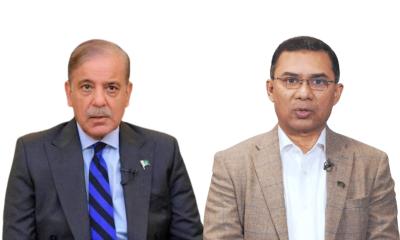
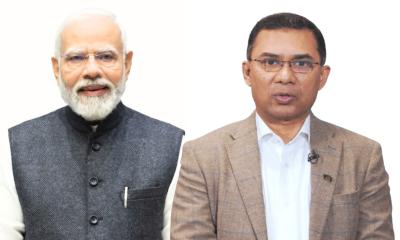
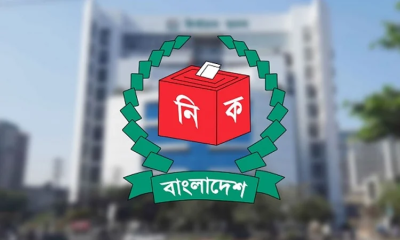
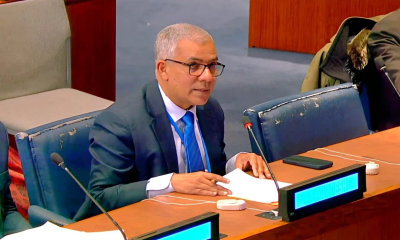
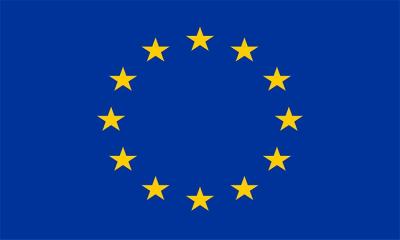
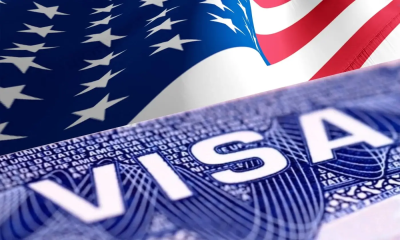




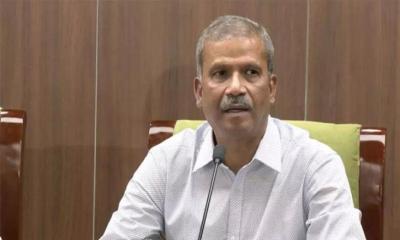
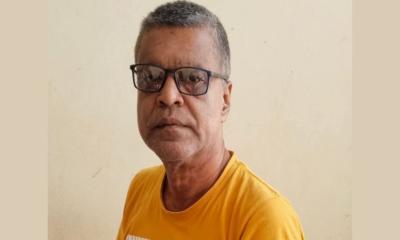
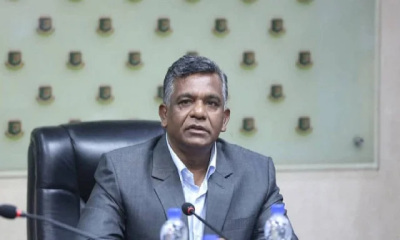

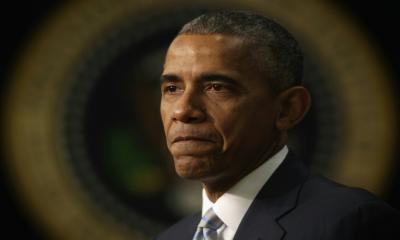
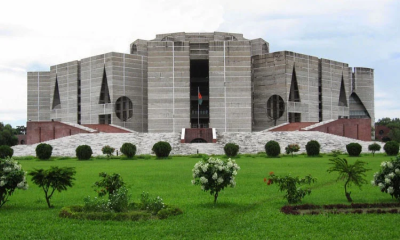
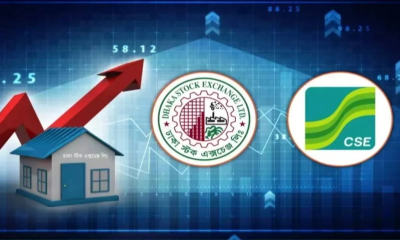
-20260215061522.webp)

